In Loving Memory, EMMIT TILL- Woman at the center of the case tells author she fabricated testimony.
- Buttafleye Ministry

- Aug 29, 2020
- 3 min read
In Loving Memory, of our brother Emmit Till.
Carolyn Bryant disappeared from public view after alleging Till harassed her in a grocery store. Sixty-two years later, it has emerged her story was not true
Preserve the memory of your loved one FREE on our Memorial Page. We Will Always Remember You! Add a Free Memory or Message to the Memorial page Here. Celebrate and honor the legacy of your loved one's life and inspire family and friends to do the same. Tell a friend! ButtafleyeMinistry.org
EMMET TILL
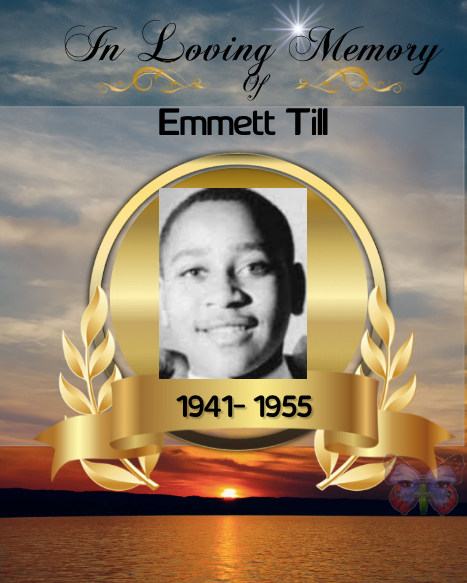
It was the lynching that outraged African Americans, spurred the civil rights movement, and etched the victim’s name in history: Emmett Till.
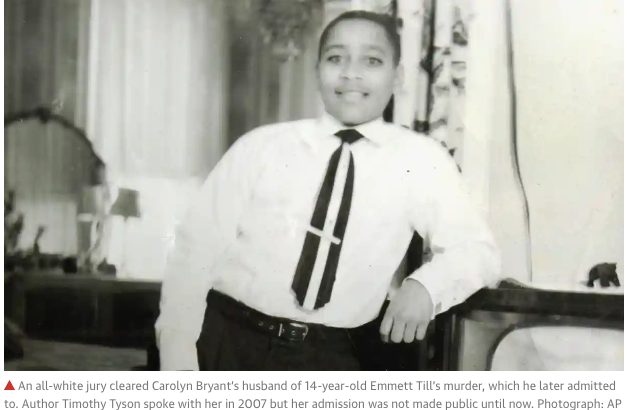
The 14-year-old Chicagoan was visiting relatives in the cotton country of the Mississippi delta on 24 August 1955 when he allegedly wolf-whistled at a white woman.
Three days later his body was found in the Tallahatchie River. Till had a bullet hole in the head, an eye gouged out, and other wounds. The murderers had wrapped barbed wire around his neck and weighed him down with a cotton gin fan.
It was a ghastly crime that changed the United States but the woman at the center of it, Carolyn Bryant, long remained an enigma.
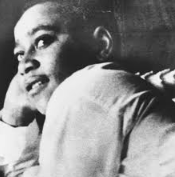
A few weeks after the murder, the then 21-year-old testified in court that Till had grabbed and verbally harassed her in a grocery store. “I was just scared to death,” she said.
The all-white jury cleared her husband Roy Bryant and his half-brother JW Milam of the crime. They later publicly admitted their guilt, saying they wanted to warn other blacks. Carolyn Bryant disappeared from the public view.
Now, 62 years later, it has emerged that she fabricated her testimony about Till making physical and verbal advances.
“That part’s not true,” Bryant told Timothy Tyson, the author of a new book, The Blood of Emmet Till.
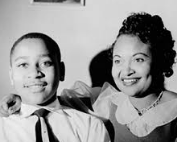
That four-word confession, of sorts, has provided an unexpected coda to a story whose victim is commemorated annually.

Bryant spoke to Tyson, a Duke University senior research scholar, in 2007, when she was 72. The admission was not made public until now.
Bryant, who is still alive at an undisclosed location, told the author she could not remember other details about the fleeting encounter with Till, who went into the store to buy gum.
She did, however, express regret. “Nothing that boy did could ever justify what happened to him.” She said she “felt tender sorrow” for Till’s mother, Mamie Till-Mobley.
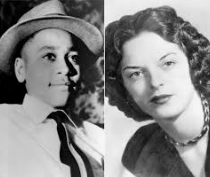
Bryant’s comments still leave questions over what precisely transpired in the grocery store but they do suggest its bloody and controversial aftermath marked her.
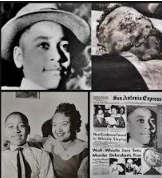
“That case went a long way toward ruining her life,” Tyson told Vanity Fair. The author did not immediately respond to a request for comment on Friday.
Till’s mother insisted on an open-casket funeral in Chicago and Jet magazine published photos of his corpse, sparking revulsion and galvanizing the civil rights movement.
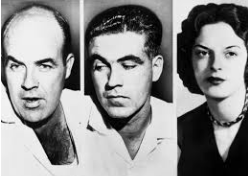
Rosa Parks said Till was on her mind in December 1955 when she refused to give up her bus seat in Montgomery, Alabama, kickstarting nationwide protests.
The killing has been the subject of a play by the

Nobel laureate Toni Morrison, a poem by the Harlem Renaissance writer Langston Hughes, and a song by Bob Dylan.
Once acquitted of murder (the jury deliberated for barely an hour), Bryant’s husband and Milam were protected against further prosecution by the double jeopardy rule and so admitted the crime to Look magazine.
“I’m no bully,” Milam said. “I never hurt a nigger in my life. But I just decided it was time a few people got put on notice … ‘Chicago boy,’ I said, ‘I’m tired of them sending your kind down here to stir up trouble, I’m going to make an example of you, just so everybody can know how me and my folks stand.’”
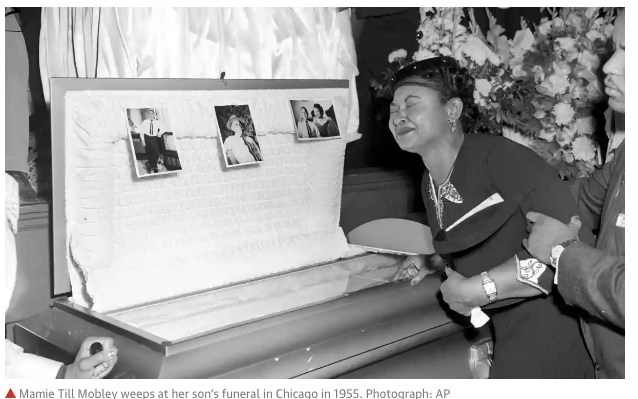
The case was reopened by the FBI in 2004 to see if any accomplices could be brought to justice. But in 2007, a grand jury decided there was insufficient evidence to bring charges.
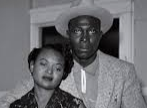
LEAVE A COMMENT AND EXPRESS HOW YOU FEEL ABOUT EMMET TILL.








Comments